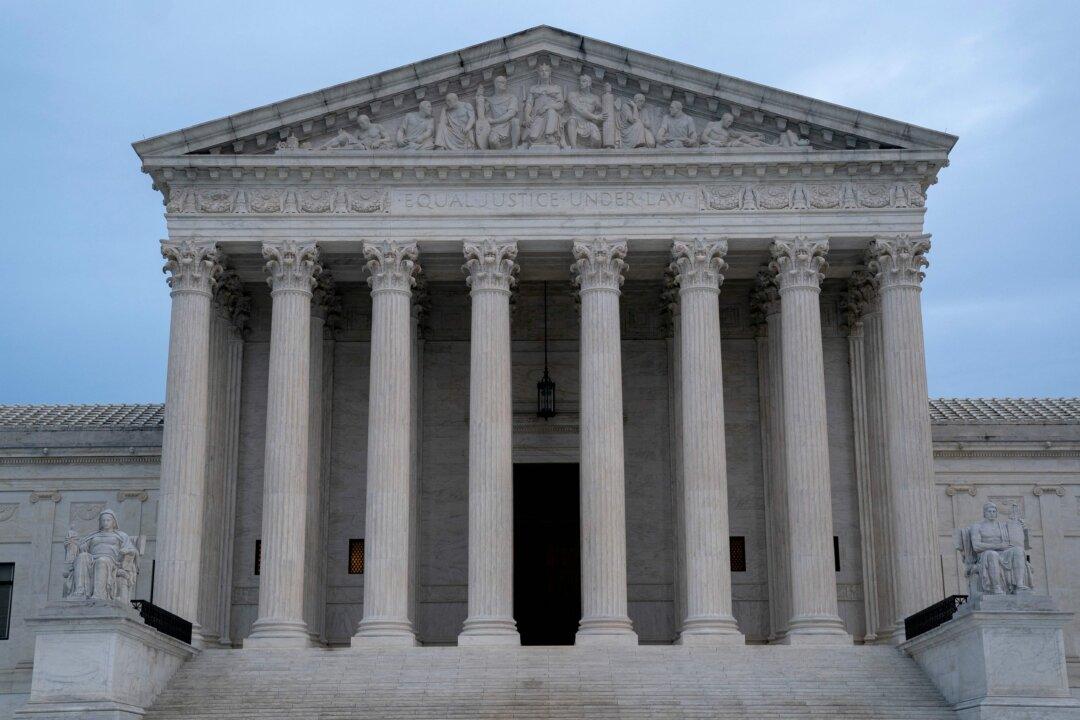In a case that could set a new precedent in the rarely unpierced shield of immunity enjoyed by judges, a West Virginia man has won approval to sue a family court judge over an unusual search and seizure she conducted of his home in a divorce case she was presiding over.
Raleigh County Judge Louise Goldston is asking the 4th Circuit of Appeals to dismiss the suit on the basis that she has judicial immunity as a judge.




